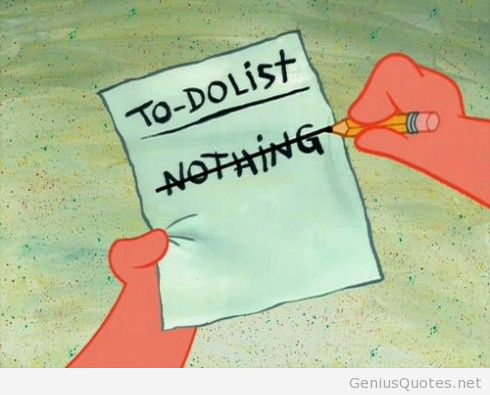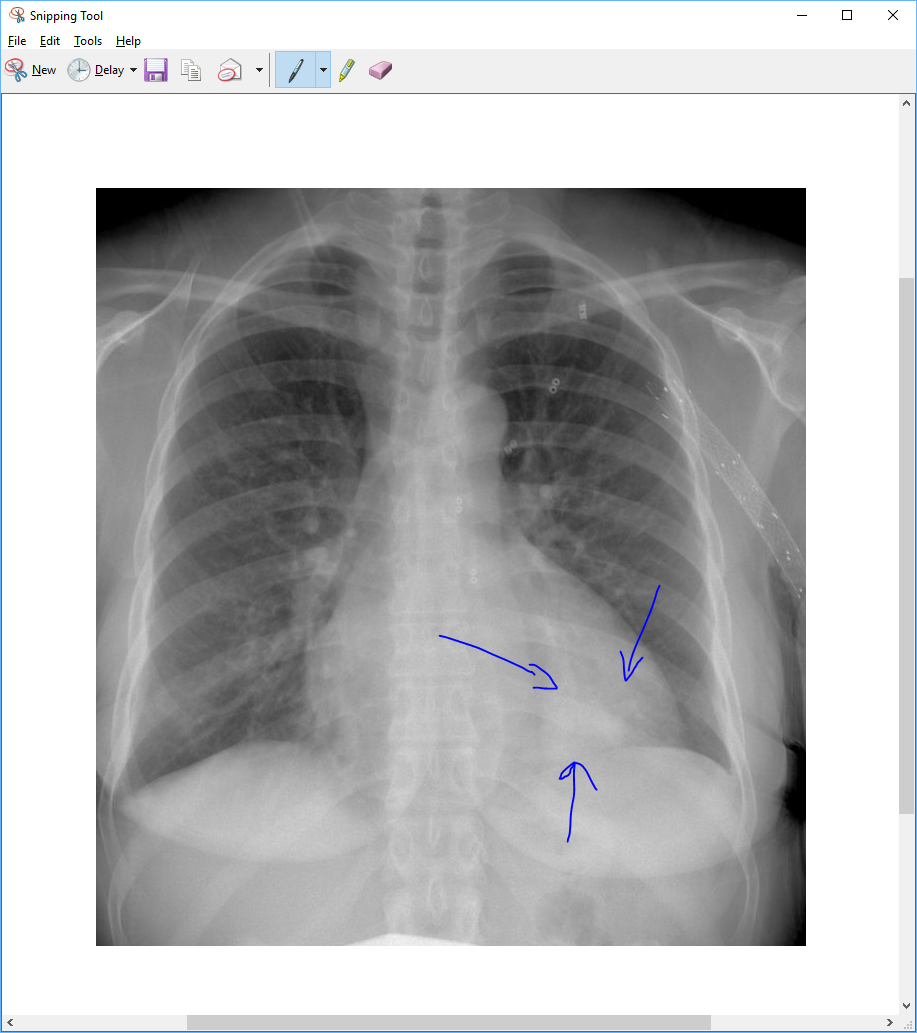When I was in 8th grade, my English teacher wanted to give everyone a book to take into high school. She had a cardboard box full of various books. There was literary fiction like Toni Morrison. There was a memory aid for American presidents. But I came to class really late that day, so by the time I went up to the box, there were only a few books left. I had the great choice between Billy Budd (dryest. book. ever.), Atlas Shrugged, and this book called Getting Things Done.
I picked up Getting Things Done because Atlas Shrugged didn’t fit in my bookbag. It would be years before I realized that self-help productivity books is in itself a major genre of nonfiction. At the time it just didn’t make sense why anyone would need such pathologic level of compulsion to keep things organized.



